Electric vehicles (EVs) are hailed for their innovation and environmental benefits, offering a sustainable alternative to traditional gasoline-powered cars. However, like any advanced technology, they require specific maintenance practices to ensure optimal performance and longevity. Unfortunately, many EV owners inadvertently make errors that can diminish the efficiency of their vehicles and lead to costly repairs.
Proper maintenance of an EV is crucial for preserving its health and value. Missteps such as neglecting battery care, ignoring software updates, and overlooking physical components like the cooling system or electrical connections can significantly impact the vehicle’s functionality. This article delves into common pitfalls in EV maintenance, explaining how these errors affect the vehicle and highlighting the importance of regular upkeep to avoid these issues.
Contents
Improper Charging Habits
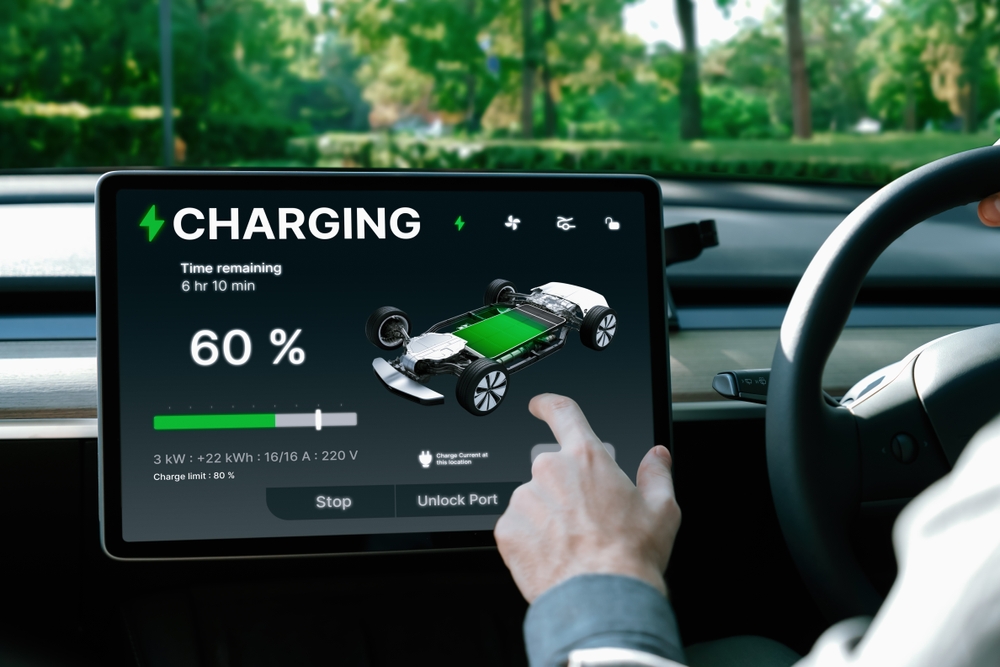
Improper charging habits, such as consistently charging to 100% or letting the battery drain to 0%, can significantly reduce the lifespan of an EV’s battery. Lithium-ion batteries, which are commonly used in EVs, have an optimal charging range typically between 20% and 80%. Overcharging or deep discharging regularly can cause excessive stress and heat, leading to reduced battery capacity and efficiency over time.
Neglecting Cooling Systems
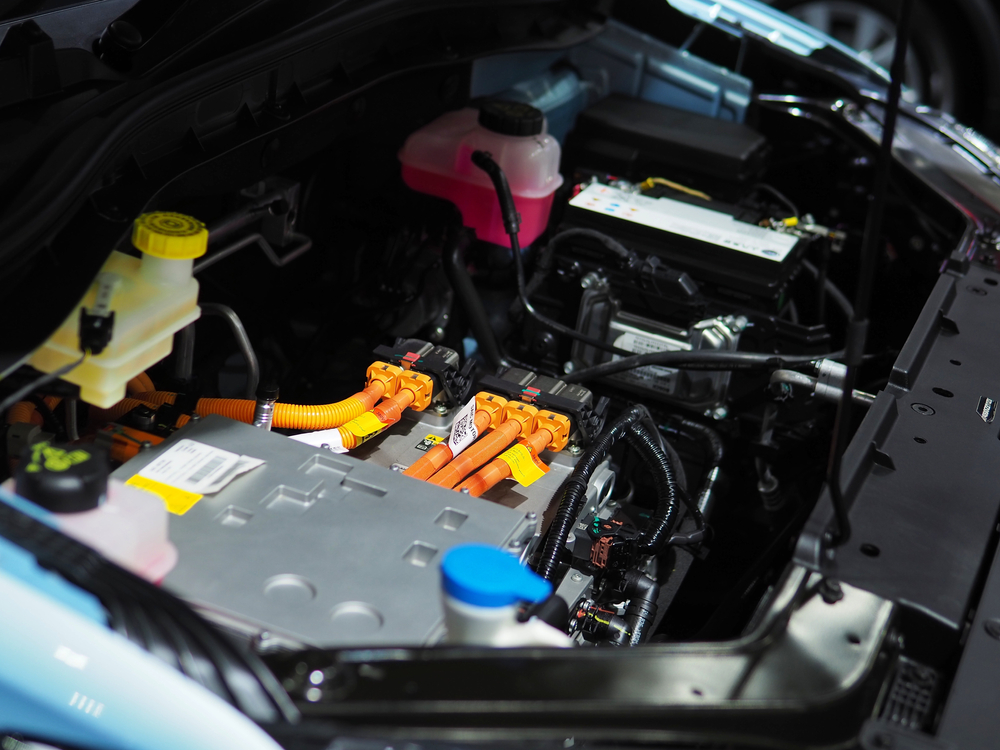
The cooling system in an EV is crucial for regulating the temperature of the battery and other electronic components. Neglecting the cooling system, such as failing to check coolant levels or ignoring leaks, can lead to overheating. Overheating can degrade the battery’s performance and even pose safety risks, such as thermal runaway where the battery could catch fire.
Neglecting Software Updates
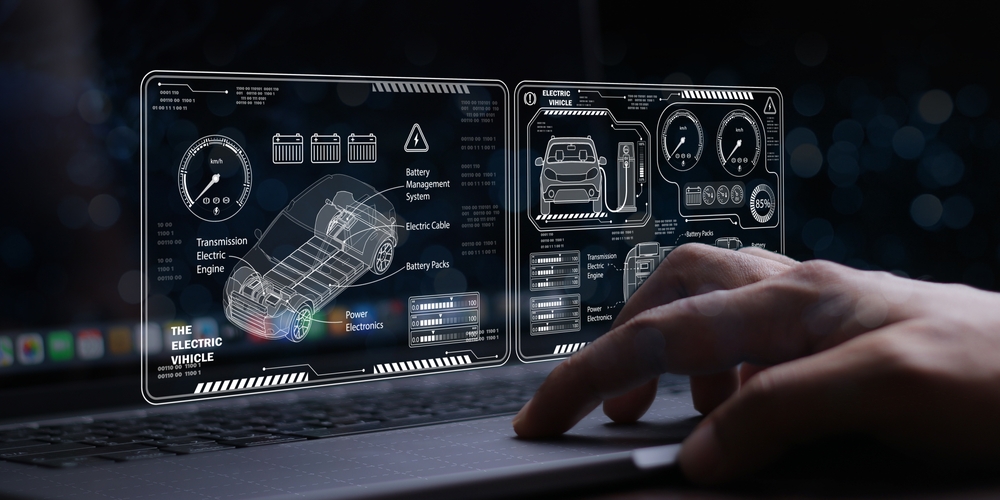
Software in electric vehicles controls various aspects of vehicle operation, including battery management, driving modes, and safety features. Skipping software updates can result in outdated battery management strategies that may not optimize battery life or could leave security vulnerabilities unaddressed, impacting both the performance and safety of the vehicle.
Ignoring Suspension and Steering Checks
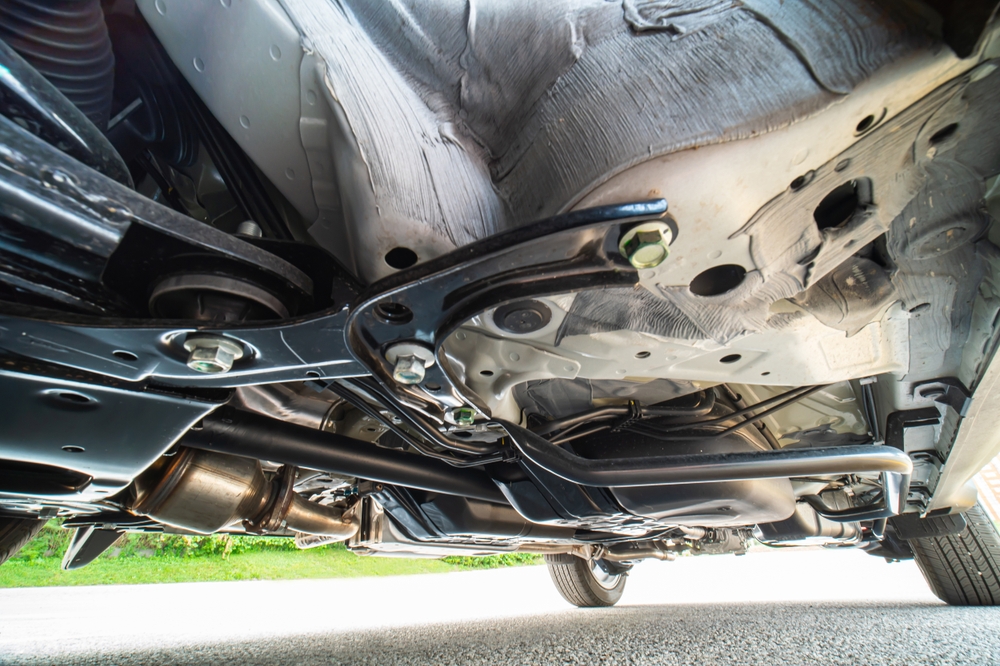
Electric vehicles often have a heavier weight due to their batteries, which can put additional strain on the suspension and steering systems. Ignoring regular checks and maintenance of these components can lead to premature wear and tear, affecting the vehicle’s handling and safety. Regular inspections can identify issues before they lead to more significant problems or failures.
Forgetting to Check Electrical Connections
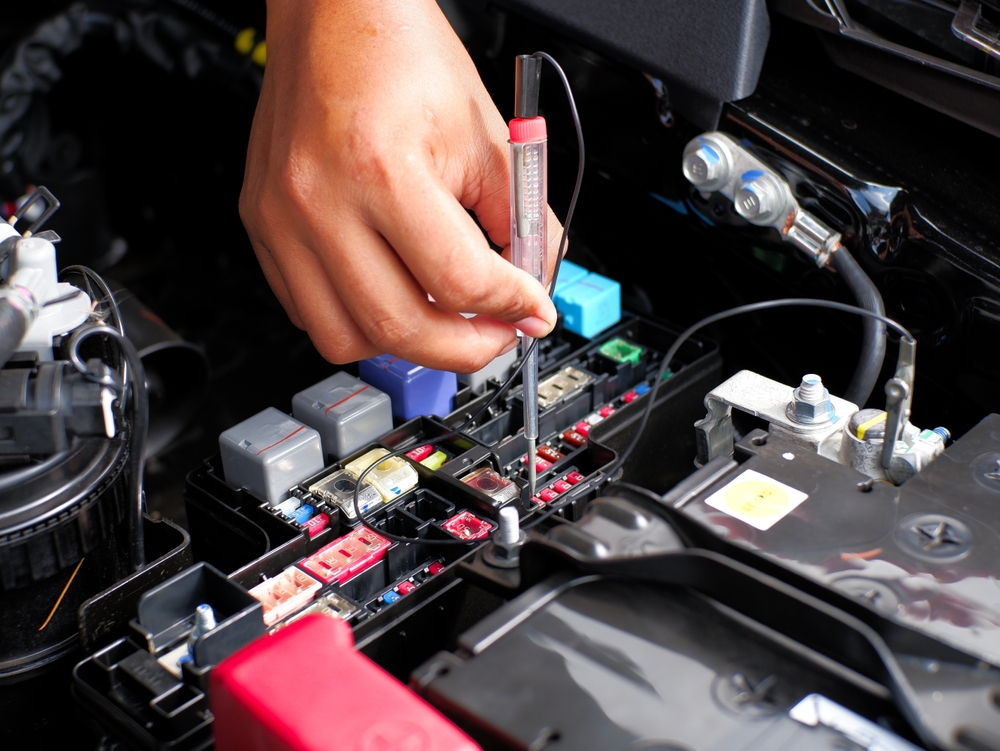
Electrical connections in an EV are critical for the safe and efficient operation of the vehicle. Corrosion, loosening, or damage to connections can lead to increased resistance in electrical circuits, potentially causing reduced efficiency or even electrical failures. Regular checks ensure that all connections are secure and in good condition, safeguarding the vehicle’s operational integrity.
Skipping Tire Maintenance
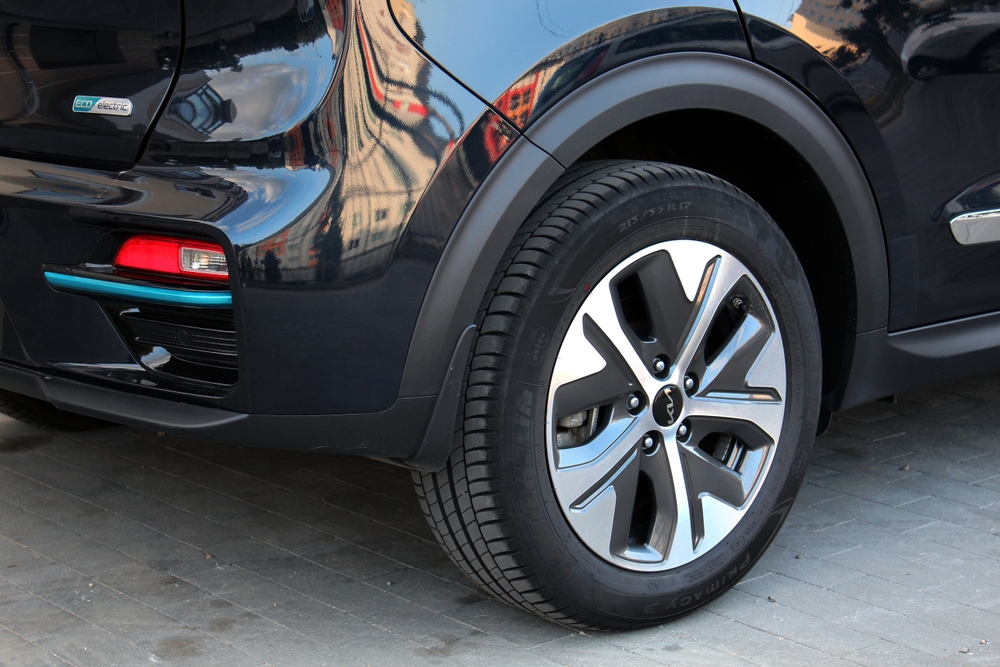
Tires on an EV are crucial for safety and efficiency. Electric vehicles are heavier than their combustion counterparts, which can lead to faster wear on tires. Failing to regularly check and maintain tire pressure and tread can reduce the vehicle’s range and increase the risk of tire failure, which in turn impacts overall vehicle safety and performance.
Ignoring Brake System
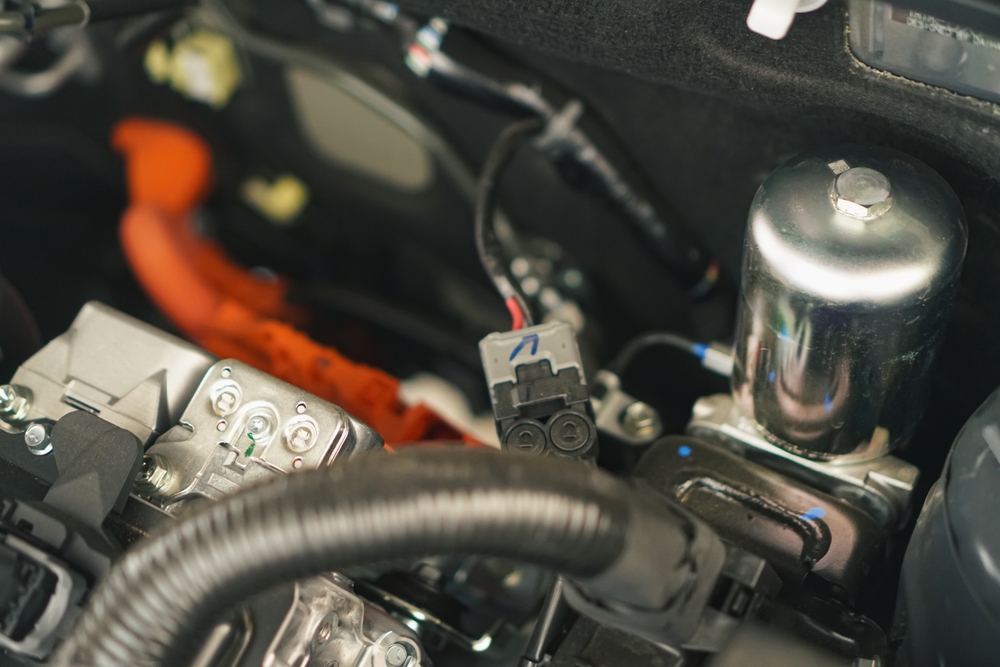
Although EVs use regenerative braking systems that reduce wear on traditional brake components, it’s still essential to maintain the brake system. Neglecting the brake fluid changes or not checking the brake pads and discs can compromise braking performance, leading to increased stopping distances and higher risks of accidents.
Overlooking Cabin Air Filter Replacement
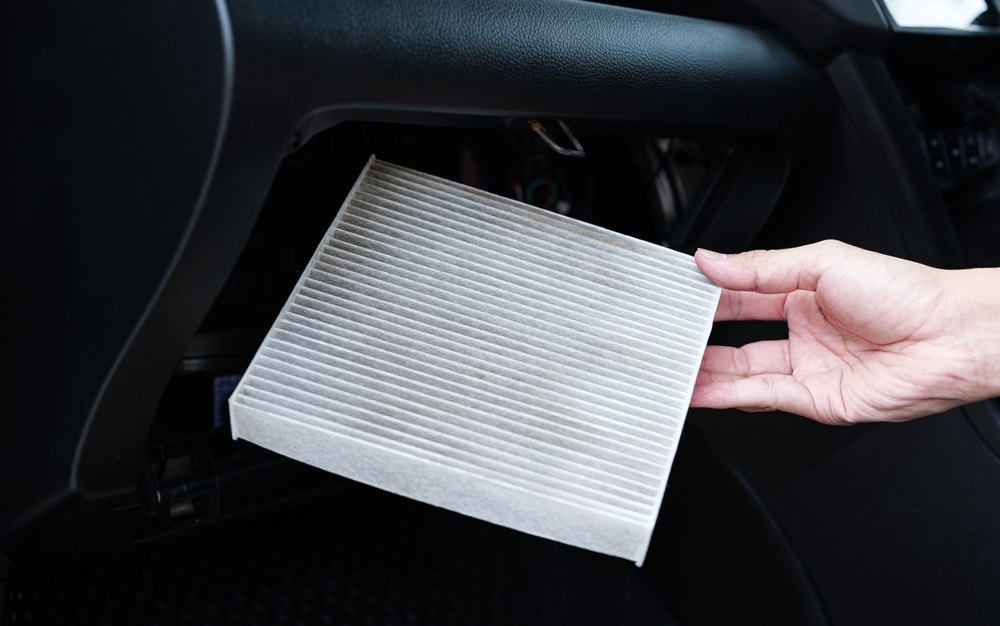
The cabin air filter in an EV helps ensure that the air inside the vehicle is clean, which is especially important since EVs typically have airtight cabins. Over time, the filter can become clogged with pollutants, reducing air quality and overworking the HVAC system, which can drain the battery more quickly and reduce overall efficiency.
Disregarding Battery State of Health
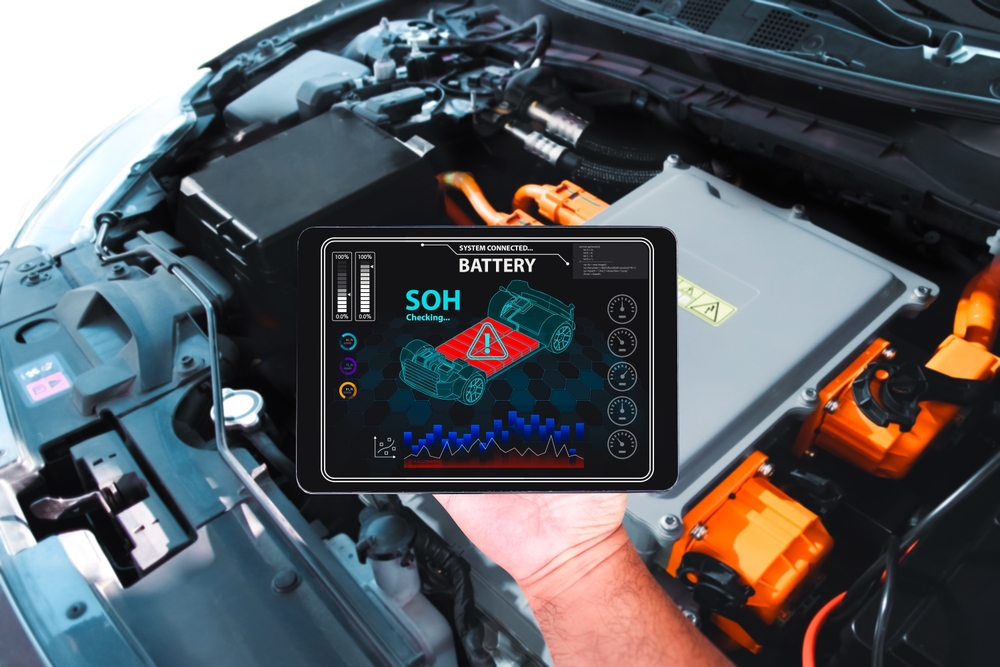
The state of health (SOH) of an EV’s battery is a critical indicator of its performance and longevity. Ignoring regular check-ups that assess battery health can lead to unexpected failures and degraded performance. Regular health checks can help predict battery life expectancy and plan for potential replacements or maintenance.
Neglecting Wheel Alignment
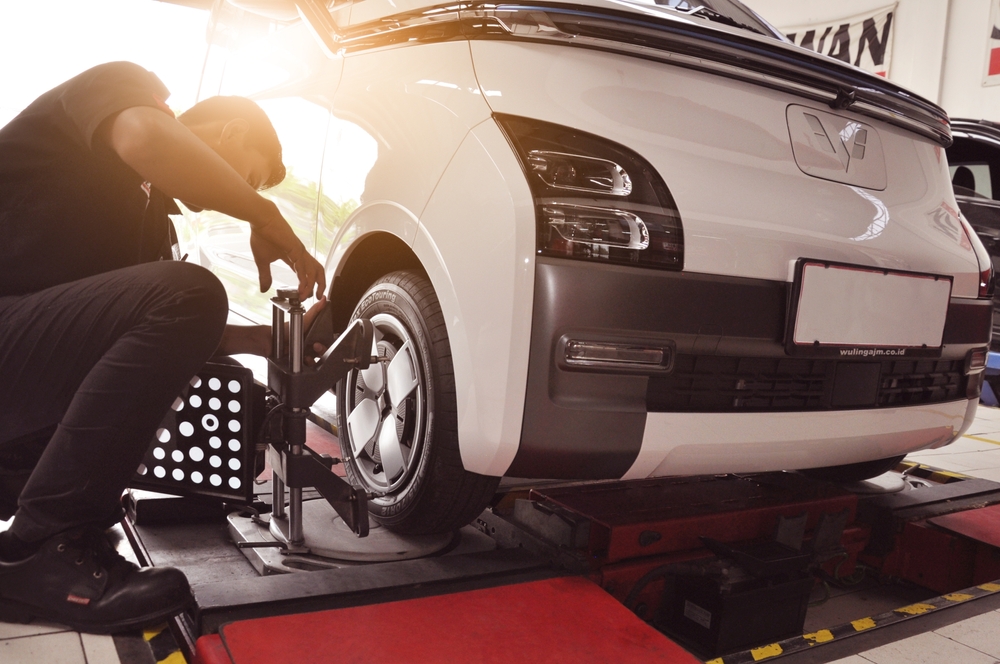
Proper wheel alignment is crucial for maintaining optimal driving dynamics and tire longevity in EVs. Misalignment can cause uneven tire wear, reduced range, and poor handling. Regular alignment checks ensure the vehicle drives smoothly and efficiently, maximizing the life of the tires and reducing energy consumption.
This article originally appeared on MyCarMakesNoise.
More from MyCarMakesNoise
20 Pickup Trucks Known for Unmatched Reliability

Choosing the right pickup truck means finding a balance between robust performance and enduring reliability. These vehicles are designed to tackle everything from daily commutes to the most demanding tasks on rugged terrains. Read More.
23 Budget-Friendly Cars Ideal for Retirees

When selecting a car during retirement, the focus is often on finding a balance between comfort, safety, and affordability. Whether you’re running daily errands, visiting family, or setting off on a road trip, choosing a vehicle that meets your needs without stretching your budget is important. Read More.
13 Unique Routes for the Adventurous Spirit

Venture off the mainstream path and discover a world of unique experiences tucked away in the quiet corners of the United States. From breathtaking natural wonders to sites rich in history, these unique travel routes provide the perfect opportunity for those looking to explore beyond the typical tourist destinations and immerse themselves in the diverse landscapes and cultural heritage of the nation. Read More.














